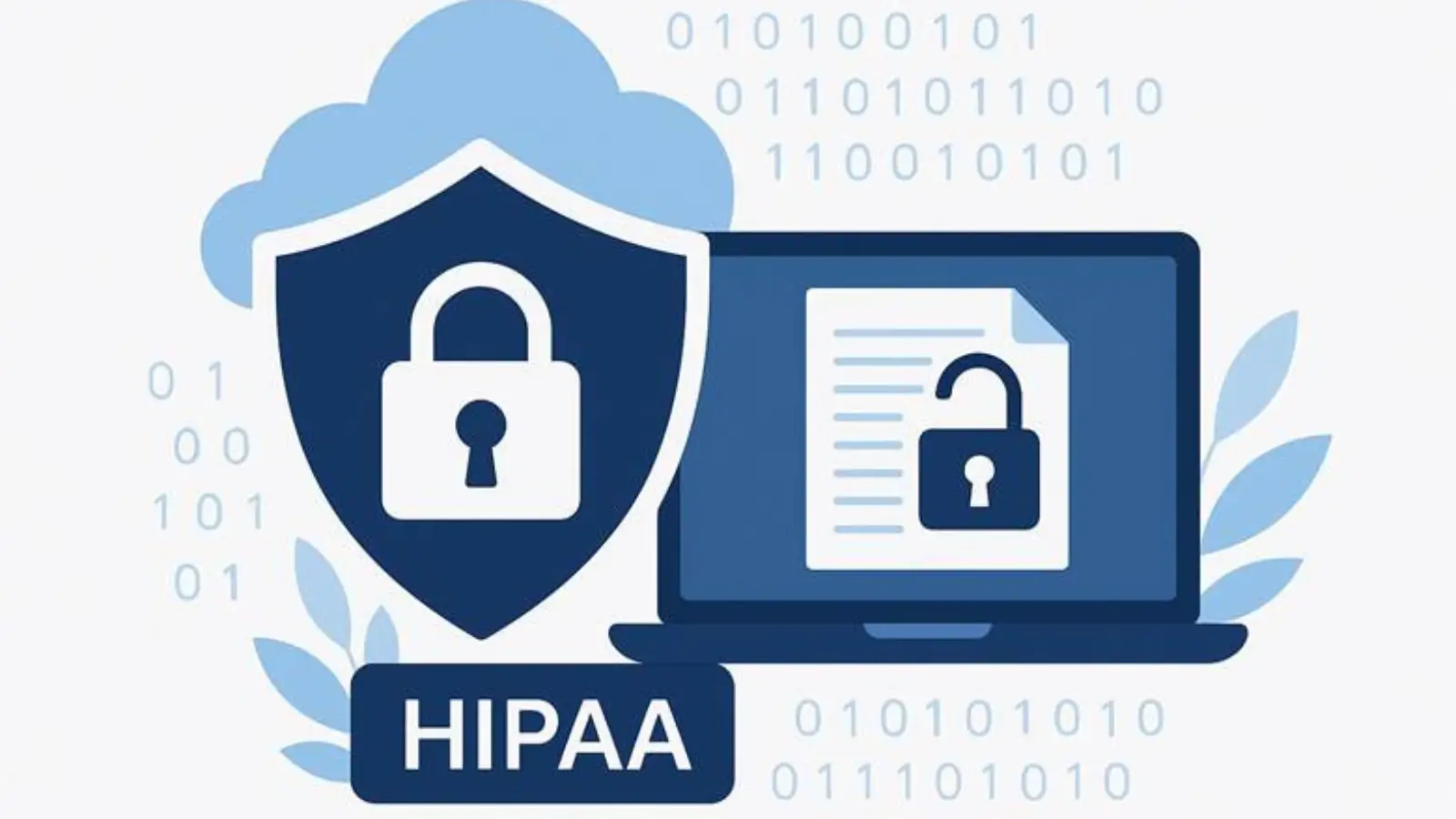


In recent years, there has been a tremendous digital revolution in the healthcare industry. As the trend moves towards electronic health records (EHRs), cloud-based platforms, and telemedicine, data generation, sharing, and storage are occurring on a scale never seen before. Although such innovations have enhanced efficiency and accessibility, they have also brought forth new risks in terms of patient privacy and security.
At this point, data encryption becomes a very important element. Encryption is not merely an additional security measure to be taken in the age of cloud computing: it forms a cornerstone of the HIPAA compliance solutions and prevents sensitive healthcare data from being stolen by unauthorized parties.
The Health Insurance Portability and Accountability Act (HIPAA) establishes high levels of protection of the Protected Health Information (PHI). It mandates covered entities and their business partners to adopt technical protections, which can guarantee the confidentiality, integrity, and availability of electronic PHI (ePHI).
Since an increasing number of healthcare entities are moving to the cloud, compliance has grown more complex. A cloud environment is a shared infrastructure that is flexible and can be scaled. It can be easily exposed to attacks, hackers, or even a leakage of data without adequate security mechanisms.
To stay in compliance, organizations have to implement strong encryption measures that ensure data security at rest (data in databases or stored on backups) and data security in transit (data flowing in between servers or devices). The encryption would mean that, although the attackers would have retrieved the data, they would not be in a position to read it and use it until they had the correct keys.
The foundation of any HIPAA compliance solution during the cloud era is encryption. It is a direct response to the HIPAA Security Rule provisions governing the security of ePHI against unauthorized disclosure and access. Here's why it's indispensable:
The HIPAA requirements state that all ePHI should be protected, regardless of whether it is housed in cloud repository or it is transferred over the network. This is guaranteed by encryption, where the data is encrypted to only be decrypted by the authorized parties that have the correct decryption key.
Even the most sophisticated systems are susceptible to human errors, e.g., misconfigurations or unintentional sharing. Encryption will eliminate the chance of a HIPAA violation since it will prevent the sharing or theft of incorrect data, which will not be decipherable.
Healthcare organizations are moving towards the adoption of third-party applications and analytics platforms into their operations. The encryption of this ecosystem will help it run safely because data will be secured at all integration points.
Data protection is an aspect that should be evidenced in front of regulatory audits and assessments. Powerful encryption systems are a sign of a proactive attitude to compliance and may help to save a lot of legal or financial risks in case of a violation.
The secret to HIPAA-compliant encryption is the implementation of modern and cloud-native security design. These are the best practices that healthcare organizations should observe:
Ensuring HIPAA compliance in the cloud involves a combination of appropriate technology, strategy, and knowledge. We are Securify, a company that assists healthcare organizations in applying strong HIPAA compliance solutions to their clouds. Our certified security team helps to keep your data safe with cutting-edge encryption and ongoing risk control.
Get in touch with SecurifyAI to have a free consultation and learn how their tailored cloud security services can protect the future of your organization.